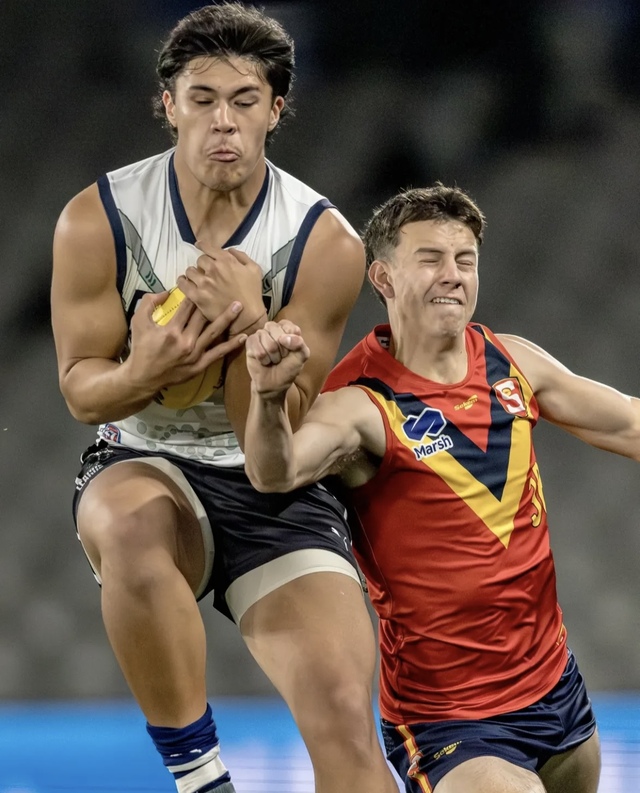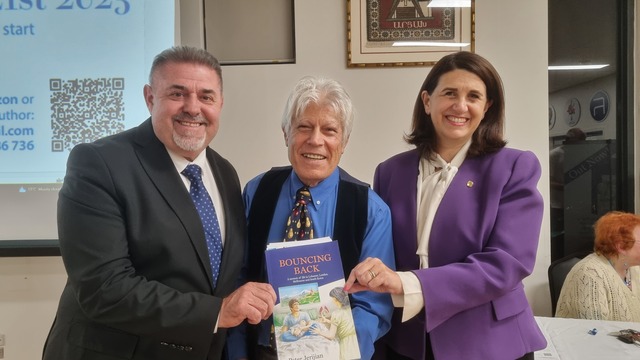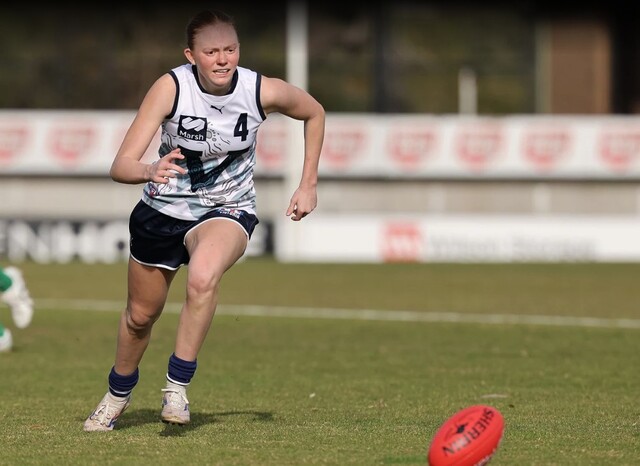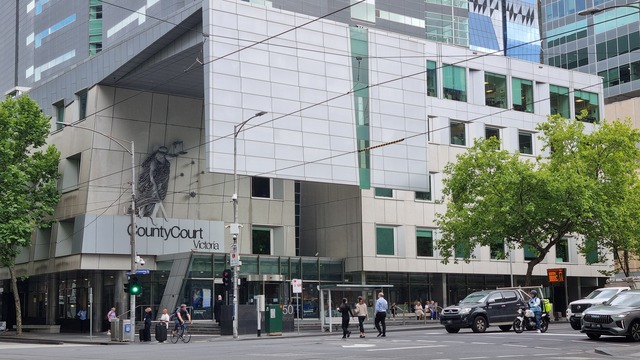By CAM LUCADOU-WELLS
LOCAL African groups are worried that the federal government’s proposed changes to the Racial Discrimination Act may spur on hatreds laid bare in 2007.
Saturnino Onyala, secretary-general of the Dandenong-based Sudanese Community Association of Australia, said the draft changes released last week were an invitation to racism that could stir “bad feelings” between community groups.
He fears it could revive the persecutory effect felt by Greater Dandenong’s Sudanese community in 2007 when then-Immigration Minister Kevin Andrews said Sudanese people weren’t integrating.
At the time, members of the Sudanese Australian community blamed Mr Andrews’s words for creating a “climate” for violent attacks against its young people.
Jose Gonsalves, project manager of Noble Park-based African Communities Foundation Australia, writes in his Community Voice in today’s Journal that Mr Andrews’s comments were like an “endorsement to attacks against us at the time”.
He said federal Attorney-General George Brandis’s view last week that “people have the right to be bigots” has a “massive impact”.
“An ordinary person can think what can stop them from doing the same.
“Greater Dandenong is very suggestive to hate speech debates like this because of its diversity and sensitive nature to bigotry and race offensive language.”
A spokesman for Mr Brandis did not respond the the comments by the Journal’s deadline.
However, a press release on the Attorney-General’s website states that the reforms to the Racial Discrimination Act will strengthen protections against racism while at the same time removing provisions which unreasonably limit freedom of speech.
Race Discrimination Commissioner Dr Tim Soutphommasane said he had “very serious concerns” with “seriously weakening protections against racial vilification”.
He said proposed exemptions were broad, “obliterating” the line between free speech and hate speech. In other words, promoting “freedom without responsibility”.
“History teaches us that vilification can escalate to violence.
“The signals we send are important for racial harmony,” Dr Soutphommasane said.
“We expect leaders to give signals that bigotry is unacceptable in a liberal democracy.
“If they’re not unequivocal, it can be interpreted as a licence for bigotry and racial hatred.”
Jane Dixon SC, president of Liberty Victoria, said the draft amendments were “a massive overreach”.
“We value free speech. The purpose of the changes is strengthening free speech but it hasn’t got the balance right in that regard.
“It just makes it easier for people to make humiliating and denigrating statements based on racial or religious backgrounds.
“In the end, it is divisive speech.”
She said the narrow definition of ’racial vilification’ may give the green light to such incidents as a spectator’s widely-condemned insult which were directed to Sydney footballer Adam Goodes at the MCG last year.
“In court, you could possibly succeed by arguing (the insult against Goodes) is humiliating but not vilifying,” Ms Dixon said.
State Multicultural Affairs Minister Matthew Guy said he was concerned by the changes and would make a submission based on the state government being “unambiguously opposed to any form of discrimination based on an individual’s race, faith, gender, or for any other reason”.
Opposition attorney-general spokesman and Isaacs MP Mark Dreyfus said the ALP opposed the “significant weakening of protections against hate speech”.
“The government needs to stand up to racism, not give it the green light.”
Read Your Community Voice for more from Mr Gonsalves.






